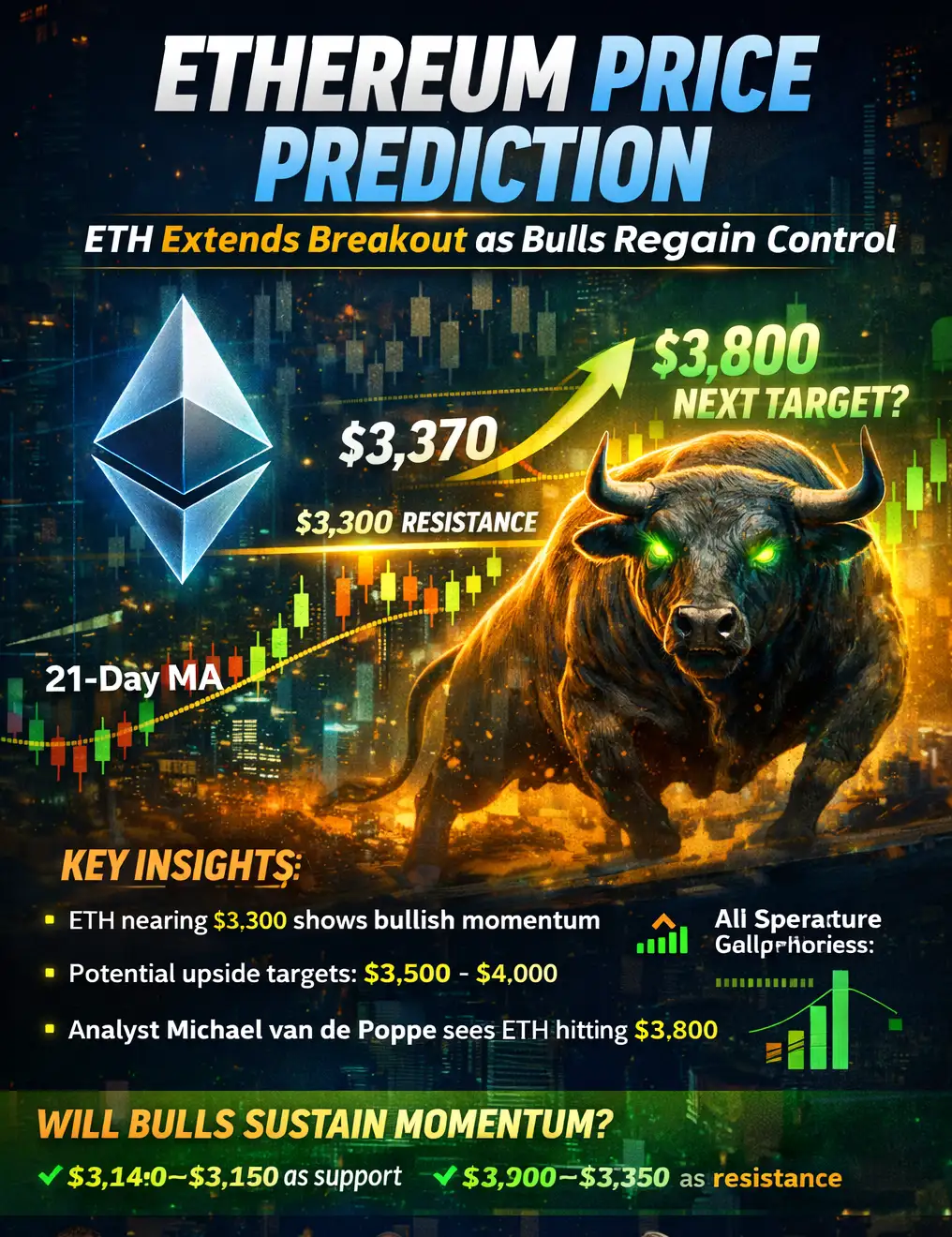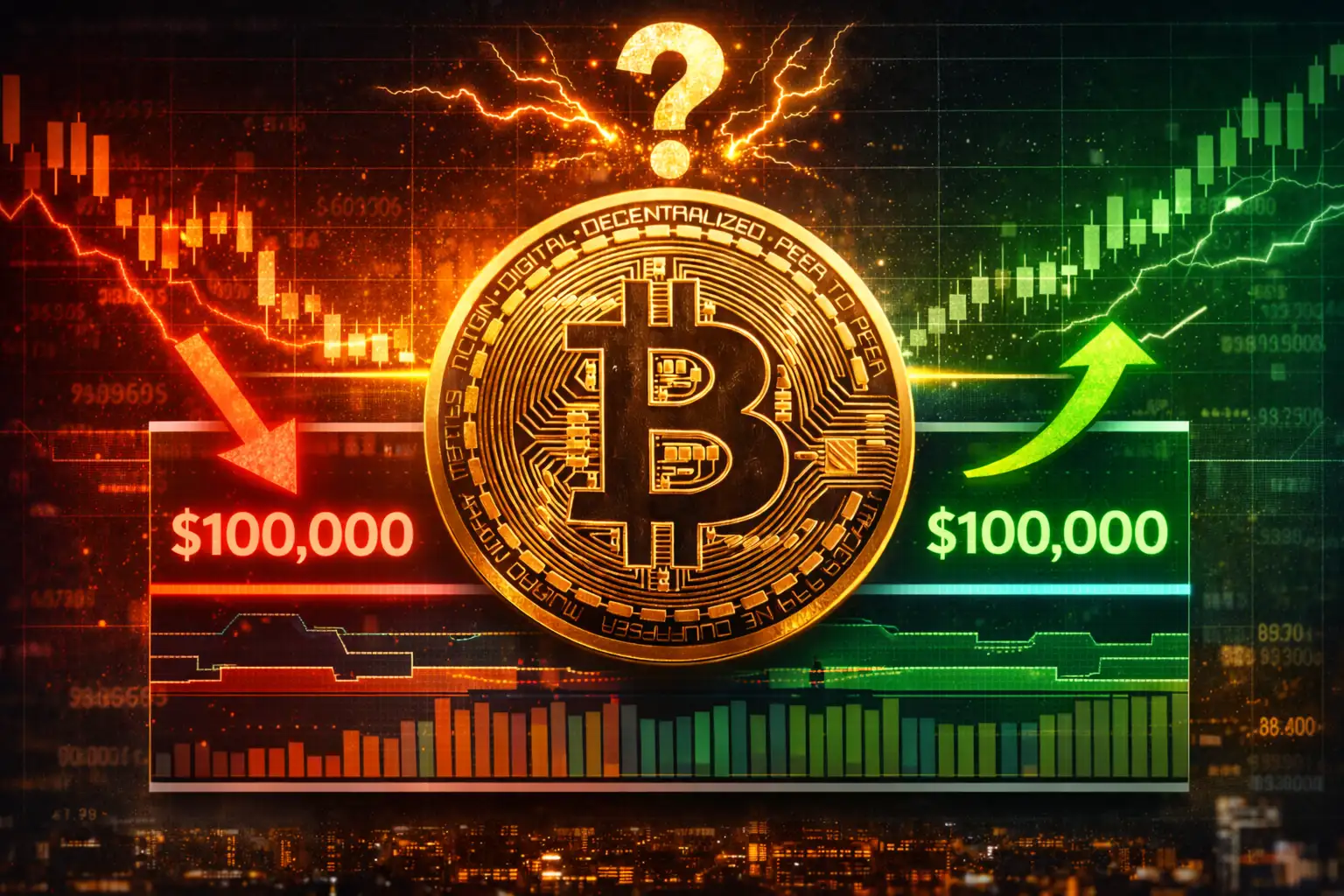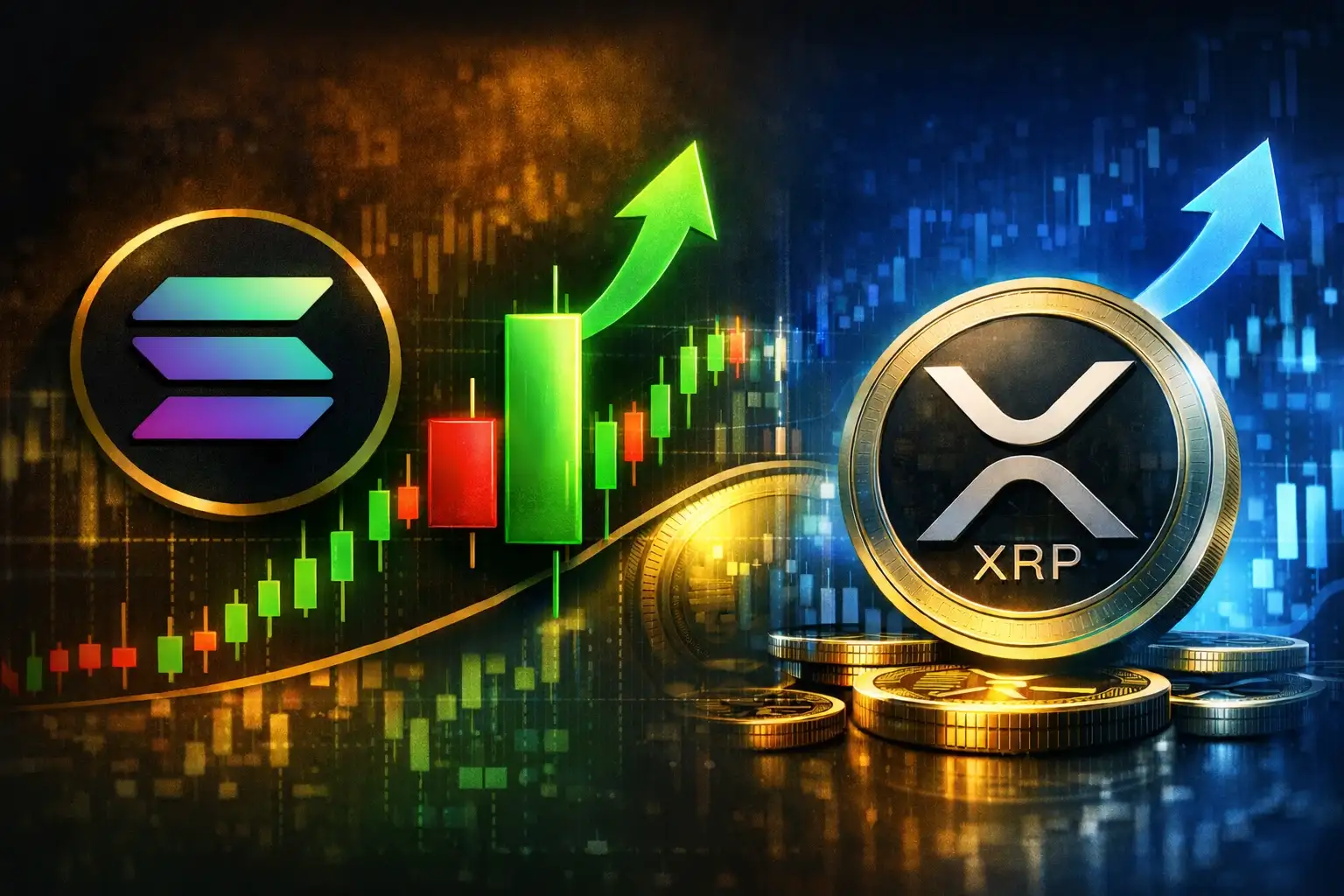
As the digital asset industry continues to grow, Non-Fungible Tokens (NFTs) have emerged as a powerful medium for creators, collectors, and investors.
At the heart of this ecosystem lie NFT marketplaces—platforms that enable users to buy, sell, and trade unique digital assets.
But a major decision arises in NFT marketplace development is Centralized vs Decentralized NFT marketplace which model is more suitable for your business or project?
This guest post explores the fundamental differences, benefits, and drawbacks of centralized and decentralized NFT marketplaces.
Whether you’re an entrepreneur, creator, or a blockchain development company, this guide will help you better understand the right direction for your marketplace venture.
Before comparing the two models, let’s briefly define what each represents:
As the industry evolves, the Centralized vs Decentralized NFT marketplace debate has become more relevant than ever. Let’s explore the pros and cons of each approach to identify which one aligns with your vision.
Here’s a detailed comparison highlighting the major pros and cons of both centralized and decentralized NFT marketplace models.
|
Feature |
Centralized NFT Marketplace |
Decentralized NFT Marketplace |
|
User Experience |
Streamlined onboarding and polished UI; ideal for mass adoption. |
Complex UI and wallet integrations may hinder new users. |
|
Control |
Controlled by a single entity—easy to moderate and manage. |
Fully community or code-governed—minimal to no centralized control. |
|
Security |
Platform-managed security measures (2FA, KYC, anti-fraud tools). |
Smart contract reliance; users hold responsibility for wallet safety. |
|
Fees & Revenue |
Higher platform fees due to operational costs. |
Lower fees but dependent on gas charges and network congestion. |
|
Scalability |
Easier to scale using centralized cloud infrastructure. |
Scaling depends on blockchain performance and Layer 2 integration. |
|
Censorship Resistance |
Can censor or delist content at will. |
Content is immutable and censorship-resistant. |
|
Liquidity |
Centralized liquidity pools and promotional boosts. |
Liquidity driven by community demand and trading activity. |
|
Community Governance |
Limited community involvement; decisions are top-down. |
DAOs and voting systems allow inclusive governance. |
Each model offers unique benefits depending on business goals, technical resources, and the level of decentralization desired.
When deciding between a centralized vs decentralized NFT marketplace, the choice depends on several factors such as your target audience, budget, regulatory considerations, and future scalability.
If your goal is to attract mainstream users, offer a seamless experience, and maintain oversight, a centralized NFT marketplace might be the better option. You can curate listings, apply anti-fraud measures, and implement user-friendly features like credit card payments or fiat gateways.
Centralized platforms also allow smoother integration with compliance frameworks (e.g., KYC/AML), which is critical if you aim to cater to institutional investors or work within legal boundaries. Moreover, you retain full control over the platform's operations, policies, and monetization strategies.
However, centralization can alienate blockchain purists, especially those drawn to Web3 ideals of decentralization, transparency, and freedom from intermediaries.
For projects driven by community values and decentralization, building a decentralized NFT marketplace is a more aligned option. By leveraging smart contracts and permissionless protocols, users can interact freely, with complete custody of their assets.
A decentralized setup offers several Web3 advantages: censorship resistance, transparent royalty systems, and DAO-based governance. It's ideal for art communities, creator-first platforms, or DAOs aiming to empower members with control and rewards.
That said, decentralized marketplaces come with challenges like complex wallet interactions, higher risks of user error, and potential smart contract vulnerabilities. These require careful auditing and advanced technical expertise—something a reliable NFT marketplace development company can help you achieve.
Ultimately, the Centralized vs Decentralized NFT marketplace decision is not about which is better universally it’s about which is better for your goals.
Choose a centralized model if you prioritize user-friendliness, control, compliance, and rapid scaling. On the other hand, opt for a decentralized model if you value transparency, community ownership, and the ethos of blockchain.
Many modern platforms even explore hybrid models, combining centralized features (for onboarding and compliance) with decentralized features (like tokenized governance and open royalties).
This middle-ground approach enables platforms to serve both mainstream and crypto-native audiences effectively.
As NFT adoption grows across sectors like gaming, fashion, real estate, and the metaverse, partnering with the right blockchain development company like Technoloader becomes essential.
With expert guidance, you can choose the right architecture, integrate scalable tech stacks, and create a marketplace that reflects your brand’s vision.
So, hire them for blockchain development services and become a market leader in your business domain.
On-Chain Media articles are for educational purposes only. We strive to provide accurate and timely information. This information should not be construed as financial advice or an endorsement of any particular cryptocurrency, project, or service. The cryptocurrency market is highly volatile and unpredictable.Before making any investment decisions, you are strongly encouraged to conduct your own independent research and due diligence
Tags :

0 Comments
Show More

Ethereum shows renewed bullish momentum above key levels near $3,330.

Bitcoin trades at a critical crossroads as price compresses near resistance. Analysts debate whether BTC breaks $100K or faces another correction.

Solana is showing a bullish engulfing candlestick that could drive prices toward $150. Analysts forecast a potential 600% surge for XRP if market momentum strengthens.
On-Chain Media is an independent, reader-funded crypto media platform. Kindly consider supporting us with a donation.
bc1qp0a8vw82cs508agere759ant6xqhcfgcjpyghk
0x18d7C63AAD2679CFb0cfE1d104B7f6Ed00A3A050
CBaXXVX7bdAouqg3PciE4HjUXAhsrnFBHQ2dLcNz5hrM
Contains the last 12 releases